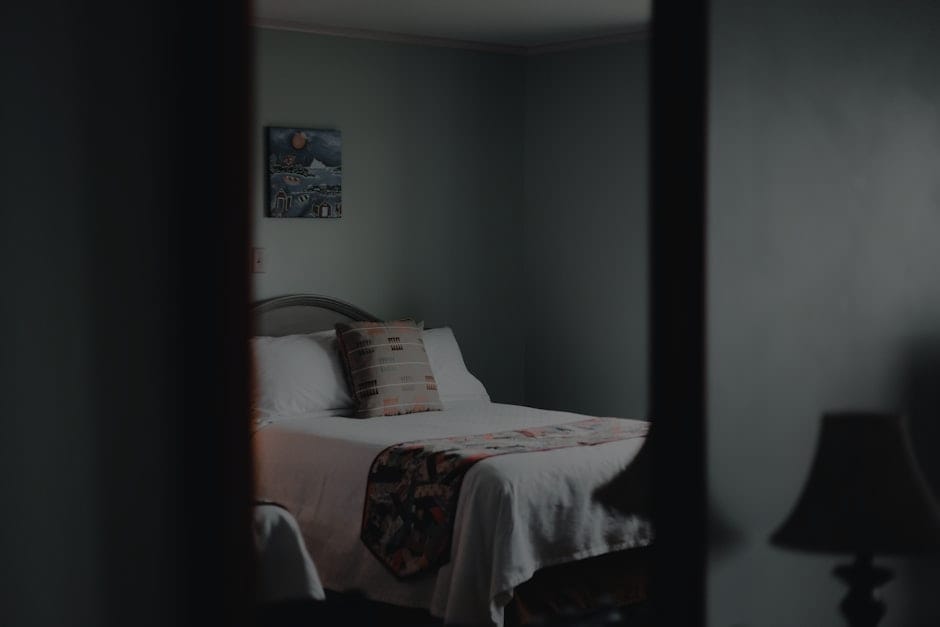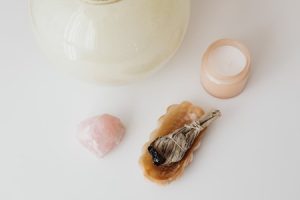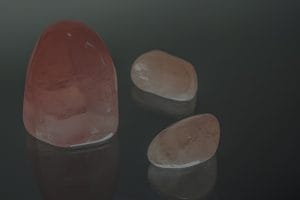**Abstract:** Discover how to enhance your sleep and relaxation through the strategic use of feng shui items. This guide offers practical tips for creating a harmonious bedroom environment that promotes restful sleep.
Creating a Harmonious Bedroom Environment
The bedroom is a sanctuary where we recharge our bodies and minds. To foster a peaceful atmosphere, consider the principles of feng shui. Start by decluttering your space; a clean, organized environment allows energy to flow freely. Position your bed away from the door but in a way that you can see the entrance. This placement, known as the “command position,” instills a sense of security and control, essential for relaxation.
Choosing the Right Colors
Colors play a significant role in feng shui and can impact your mood and sleep quality. Soft, calming colors like blues, greens, and lavenders promote tranquility. Consider painting your walls or adding accessories in these hues. Avoid bright or overly stimulating colors, such as red or orange, which can lead to restlessness. Incorporating these color choices into your feng shui strategy can create a soothing ambiance conducive to better sleep.
Utilizing Feng Shui Crystals
Crystals are powerful tools in feng shui, each possessing unique properties that can enhance your environment. Amethyst, for instance, is known for its calming energy and is ideal for promoting restful sleep. Place an amethyst cluster on your nightstand or under your pillow to help alleviate stress and anxiety. Other beneficial crystals include rose quartz, which fosters self-love, and moonstone, known for its soothing qualities. Integrating these crystals into your space can elevate your relaxation experience.
Incorporating Natural Elements
Bringing nature indoors is a fundamental aspect of feng shui that can significantly improve your sleep quality. Houseplants not only purify the air but also create a serene atmosphere. Consider adding plants like peace lilies or snake plants, which are known for their air-purifying properties. Additionally, incorporating natural materials such as wood and stone can enhance the grounding energy of your space. These elements help connect you with nature, promoting a sense of calm.
Enhancing Air Quality and Sound
Good air quality and sound management are vital for restful sleep. Utilize essential oil diffusers with calming scents like lavender or chamomile to create a relaxing atmosphere. These scents can reduce stress and promote a peaceful environment. Sound is equally important; consider using white noise machines or calming music to drown out disruptive noises. By enhancing your air quality and sound, you create a sanctuary that encourages deep, restorative sleep.
Creating a Personal Sanctuary
Your bedroom should reflect your personal style and preferences. Add personal touches that evoke positive emotions, such as photographs, artwork, or meaningful objects. This personalization fosters a sense of belonging and comfort, essential for relaxation. Ensure that your space is well-lit, utilizing soft lighting to create a cozy ambiance. By curating a personal sanctuary, you enhance your emotional connection to the space, promoting better sleep and relaxation.
In conclusion, the strategic use of feng shui items can significantly enhance your sleep and relaxation. By creating a harmonious bedroom environment, choosing the right colors, utilizing crystals, incorporating natural elements, enhancing air quality and sound, and personalizing your space, you can cultivate a peaceful sanctuary that promotes restful sleep. Embrace these feng shui principles, and unlock the potential for a more rejuvenating sleep experience.










